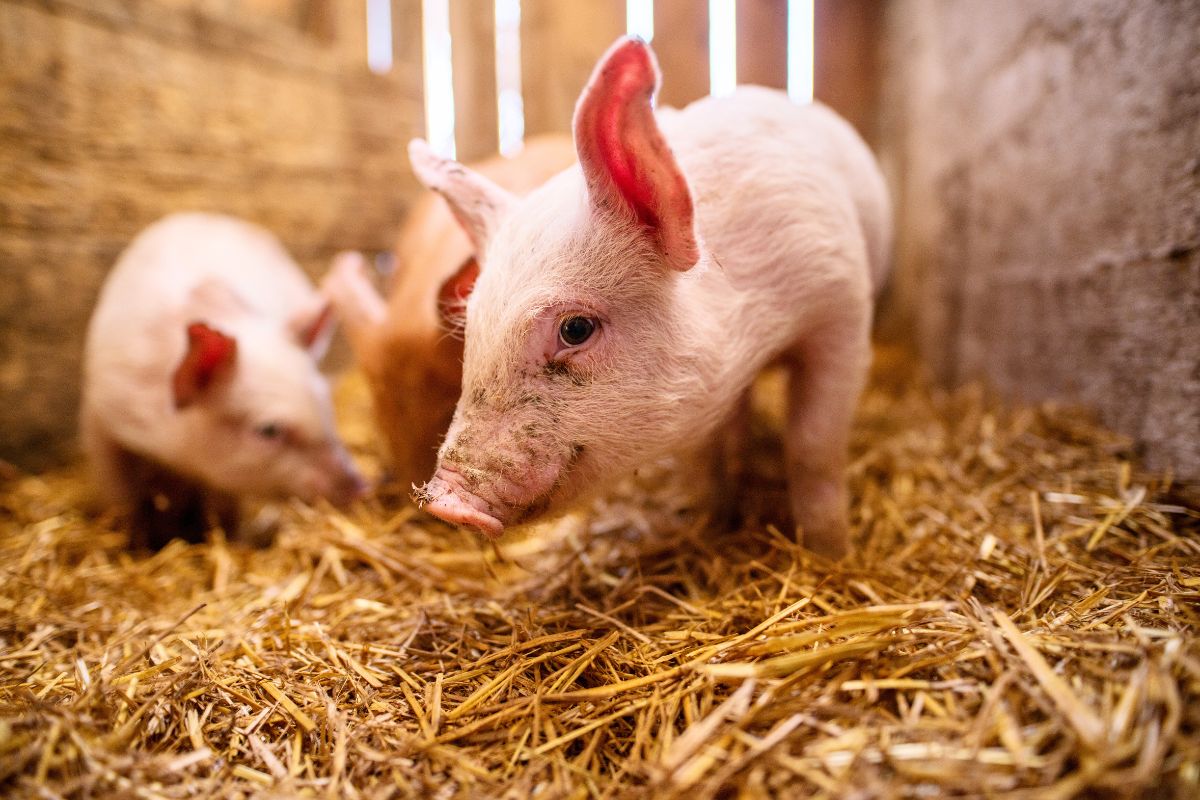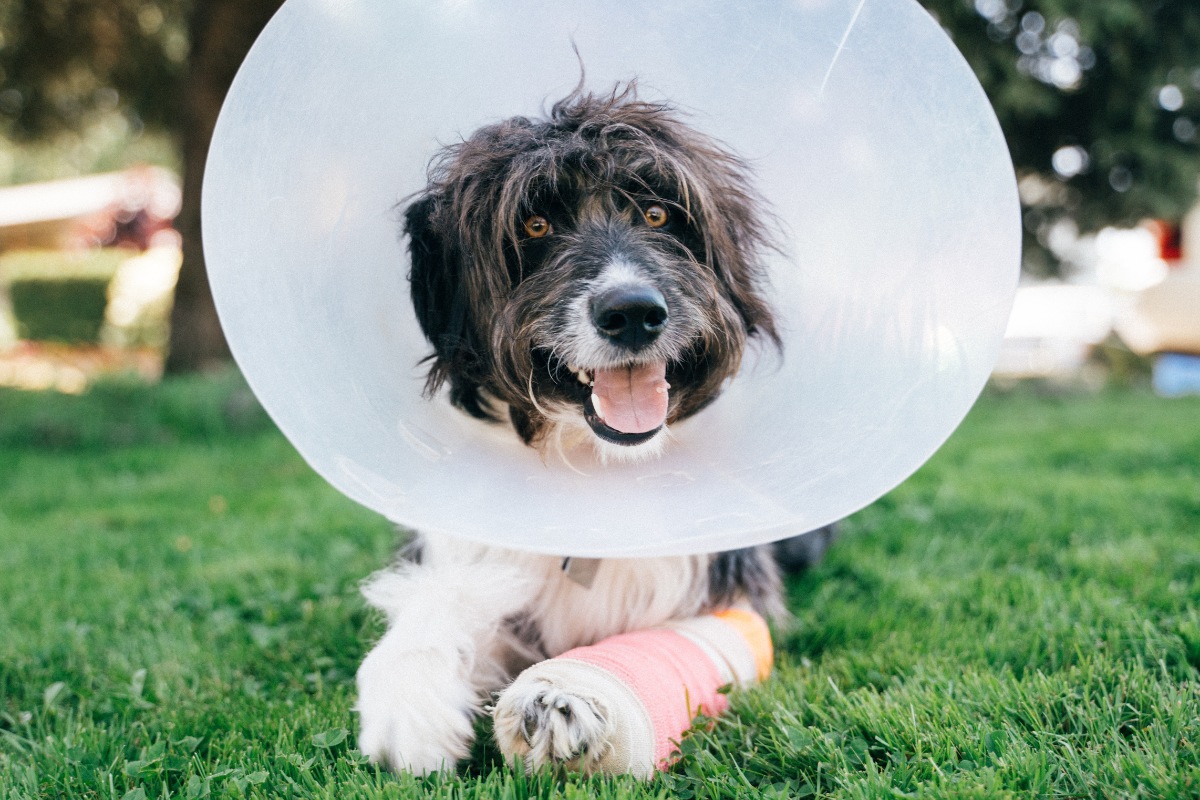Surgical Information Packet

Before your pet’s procedure, please review and complete our required Surgical Information Packet so that we can verify you understand and consent to their care.
Surgical Information Packet

Please complete this form as accurately as possible to confirm that you have reviewed our surgical process.

Ready to Give Your Animals the Care They Deserve?

Whatever your companion’s care needs, Waverly Animal Clinic is here to help your family—and any flocks or herds that are part of it! Visit us in Waverly, TN — proudly serving families and farms in McEwen, New Johnsonville, Camden, Dickson, Erin, Linden, and Lobelville.

